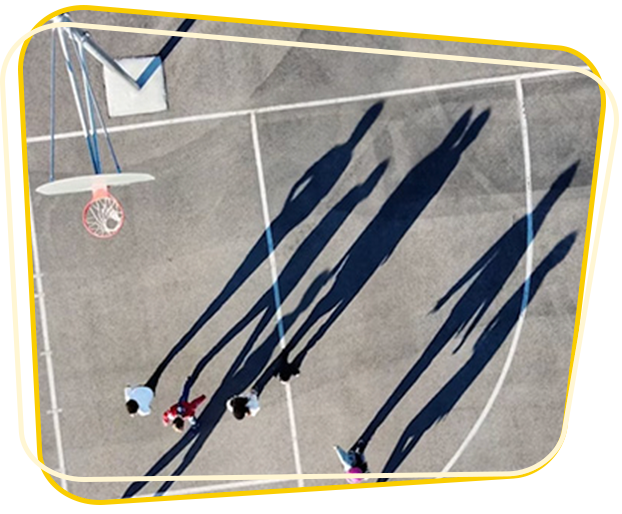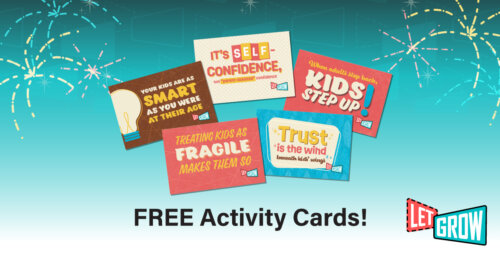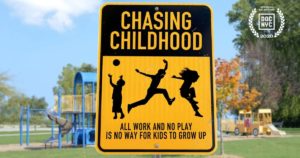



How you can Help Change American Childhood
School Programs
Want students to start doing and thinking more on their own? We’ve got independence-boosting projects, curricula and contests for kids K-12, and courses for teachers, too. Many are free!
- Let Grow Experience
- Let Grow Play Club
- Think for Yourself Scholarship
Advocacy & Legislation
Kids have the right to some independence, and parents have the right to give it to them— without getting arrested. Here’s how we’re shifting the legal landscape, and how you can help.
- Advocacy Toolkit
- Map of U.S. Neglect Laws
- Model Legislation
Parents & Families
Get started with free resources for parents and families. When you join Let Grow, you get access to our library of articles and popular printables. Let us help you with raising independent kids!
- Let Grow Project and Independence Kit
- Family Resources
- Join Our Facebook Group
Leading The Movement
Check out our achievements toward childhood independence.
Tools for Parents, Schools, and Communities to Boost Childhood Independence

What People Are Viewing Now






















